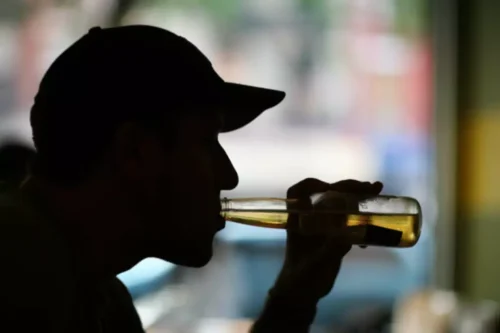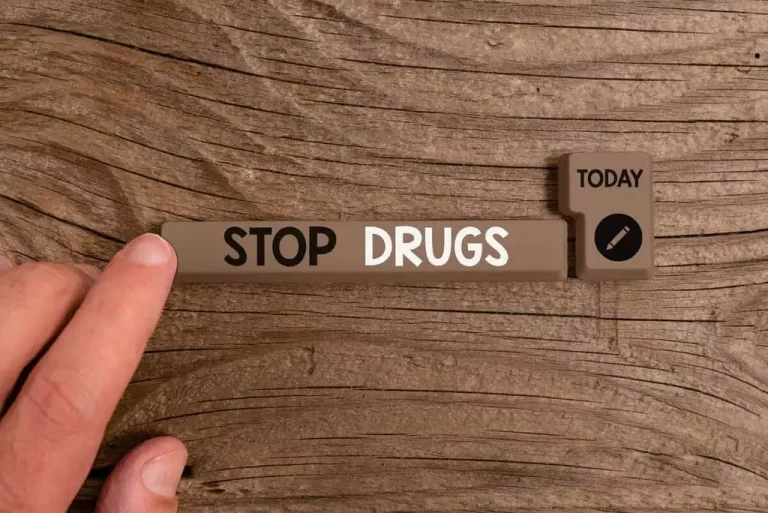
Possible treatments include corrective lenses or glasses to correct blurred or distorted vision and use of eye drops to address bloodshot eyes. Once a person recovers from intoxication, their vision should return to normal. Excessive drinking, and in particular alcohol dependence, increases your chances of experiencing vertigo and extending the length of episodes. Abstinence is the best and ideal course for health and recovery from the many symptoms caused by alcohol misuse, including vertigo. There are several things you can try to do in the short term to alleviate vertigo, but it is important to look at the big picture and how alcohol consumption is affecting your daily life. Once consumed, it converts to formaldehyde, then to formic acid, creating a lethal combination that specifically targets the optic nerve.
Finding Treatment for Alcohol Addiction
Chronic alcohol abuse affects more than just your liver; it can also cause serious damage to your vision. Blurred vision and double vision are common symptoms, with heavier drinking sessions potentially resulting in temporary myopia. If these symptoms arise, coupled with a pattern of excessive drinking, it may signal an alcohol use disorder. Seeking medical care is crucial to address the negative effects and potentially prevent long-term damage to eye health and other systems in the body. Short-term effects of alcohol can impair and alter vision, but excessive alcohol can greatly impact eyesight and vision, leading to a condition referred to as toxic amblyopia. Aside from alcohol’s effects on vision and eyes, it has been long known that excessive alcohol can have lasting detrimental effects on the body as a whole.

General Health
This is sometimes known as “beer goggles.” After all, impaired vision and a slowed reaction time are why drinking and driving are often a fatal combination. As a diuretic, alcohol can lead to dehydration, which often results in dry, bloodshot eyes. This dryness can cause discomfort and may increase the risk of eye infections if it occurs frequently. Eye problems induced by alcohol abuse might not always be immediately apparent, making routine check-ups an essential tool for early detection.
Vision Issues from Excessive Alcohol Consumption
But excessive drinking can lead to unsafe situations like car crashes and falls. Moderation is key to avoiding alcohol’s risky impacts on eyesight and balance. The cornea’s health is vital for clear vision, and what is alcoholism any impairment can significantly affect your quality of life.
Alcohol Can Cause Lasting Vision Damage
While the occasional drink may not lead to lasting damage, frequent and excessive alcohol use can cause significant and sometimes irreversible effects on visual health. When someone drinks alcohol, it slows down the rate at which neurotransmitters are firing in his or her brain. Neurotransmitters are chemical messengers that communicate information throughout the brain and the body.
- While not everyone who binge drinks has an AUD, it can be a very significant risk factor for the development of an AUD.
- Sometimes it occurs because the nerves that send signals to the eye muscles stop working.
- If you are constantly drinking alcohol, those vessels are under constant attack and don’t have time to return to their normal state.
- But if you exceed the recommended guidelines of alcohol consumption and are often binge drinking, you could be putting your vision and eyesight in serious danger.
- International health organizations report thousands of methanol poisoning cases annually.
- If your eyes are bloodshot, avoid touching them and talk to your doctor for a proper diagnosis.
Is There a Link Between Alcohol and Dry Eyes?
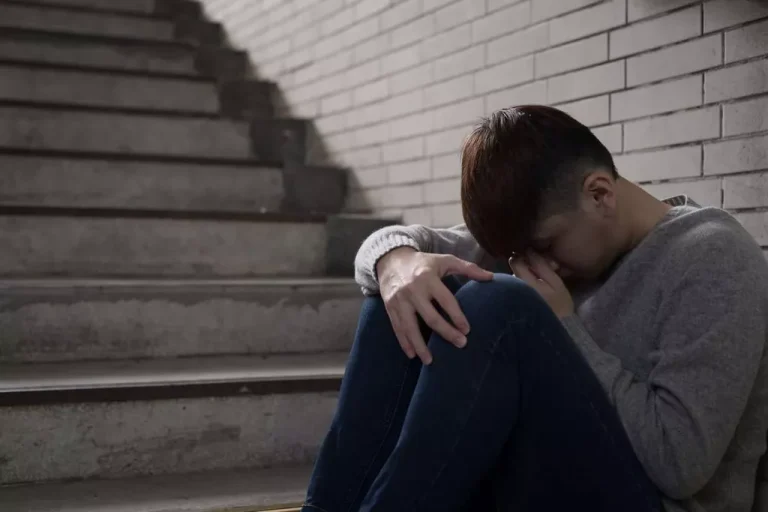
This dehydration can have a direct effect on your eyes.Under normal circumstances, your body produces tears to keep your eyes moisturised and lubricated, ensuring clear vision and comfort. However, when the body is dehydrated due to alcohol consumption, it struggles to produce enough tears. This lack of sufficient lubrication leads to the condition known as dry eyes. Alcohol’s impact on eye pressure and its potential to contribute to conditions like Glaucoma is complex. Some research indicates that alcohol consumption may lead to a temporary decrease in intraocular pressure (IOP).

However, often, double vision often occurs in patients with no risk factors and cannot be prevented. It’s common to hear that alcohol is an acquired taste, and I still distinctly remember the reek of beer in my college’s dorms during the weekend. For the new study’s senior author, IRP Lasker Clinical Research Scholar Paule Joseph, Ph.D., that’s a glaring hole that needs to be filled.
How alcohol affects your eyes
American Addiction Centers and many other companies operate addiction helplines as 24/7 resources for those seeking help. Our compassionate staff stands ready to help answer your questions about alcohol addiction, locate suitable rehab centers, and verify your insurance coverage. Alcohol consumption has a profound effect on sleep, particularly on the Rapid Eye Movement (REM) stage, which is essential for restful sleep and cognitive functions like memory and learning.
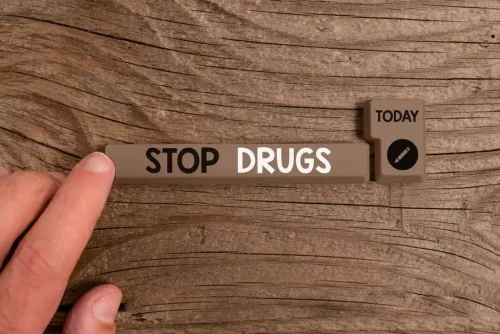
Possible short-term effects on eyes
This condition is particularly concerning because it may not present symptoms until significant damage has occurred, making early detection challenging. As you consider the long-term implications of alcohol on your vision, it becomes clear that moderation is key in preserving not only your eyesight but also your overall health. You may find that objects appear hazy or that your depth perception is compromised, making it difficult to judge distances accurately.
- ” The short answer is yes, alcohol can indeed have both short-term and long-term effects on your vision and overall eye health.
- An inability to sleep is typically caused by the fact that the brain essentially shuts down when you consume too much alcohol.
- Alcohol, as a diuretic, can cause dehydration leading to dry eyes, which may contribute to redness.
- These are short-term effects that can begin while you are drinking, and can last for several hours afterward.
- Abstinence is the best and ideal course for health and recovery from the many symptoms caused by alcohol misuse, including vertigo.
This condition significantly decreases your peripheral vision, and can cause you to lose your color vision as well. Furthermore, alcohol can affect the vestibular system in the inner ear, which is responsible for maintaining balance and coordinating eye movements. When we consume alcohol, it impacts various bodily systems, including our visual system, leading to potential temporary disturbances such as blurred can alcohol cause double vision vision.








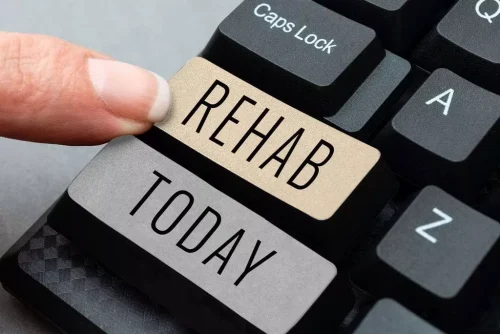



.jpg)
.jpg)
.jpg)
.jpg)
.jpg)
.jpg)


